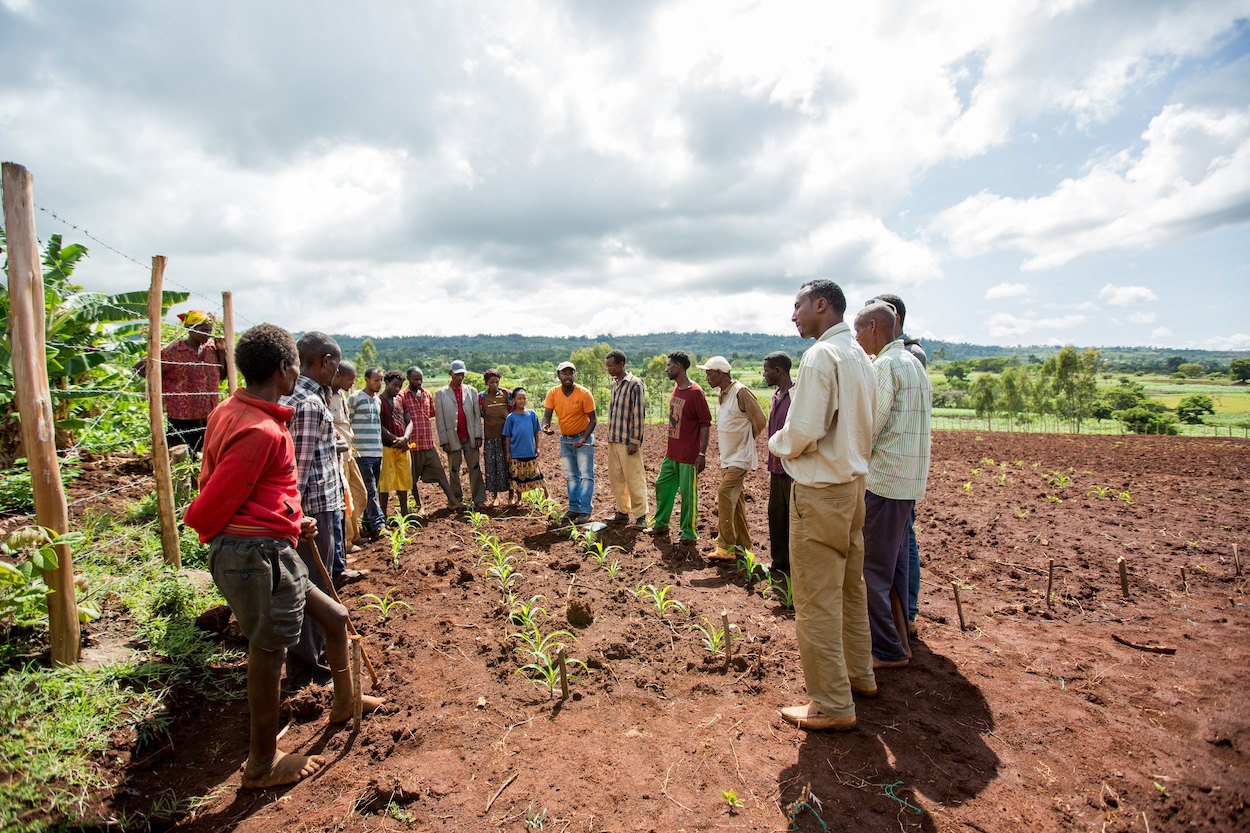The Nuru Model
The Nuru Model is a locally-led, market-based approach to rural poverty alleviation. Nuru focuses on smallholder farmer entrepreneurs in areas highly vulnerable to food insecurity, instability, and climate change. We customize and tailor our livelihood and agribusiness strategies to increase food production and economic potential, ensuring lasting impact for generations.


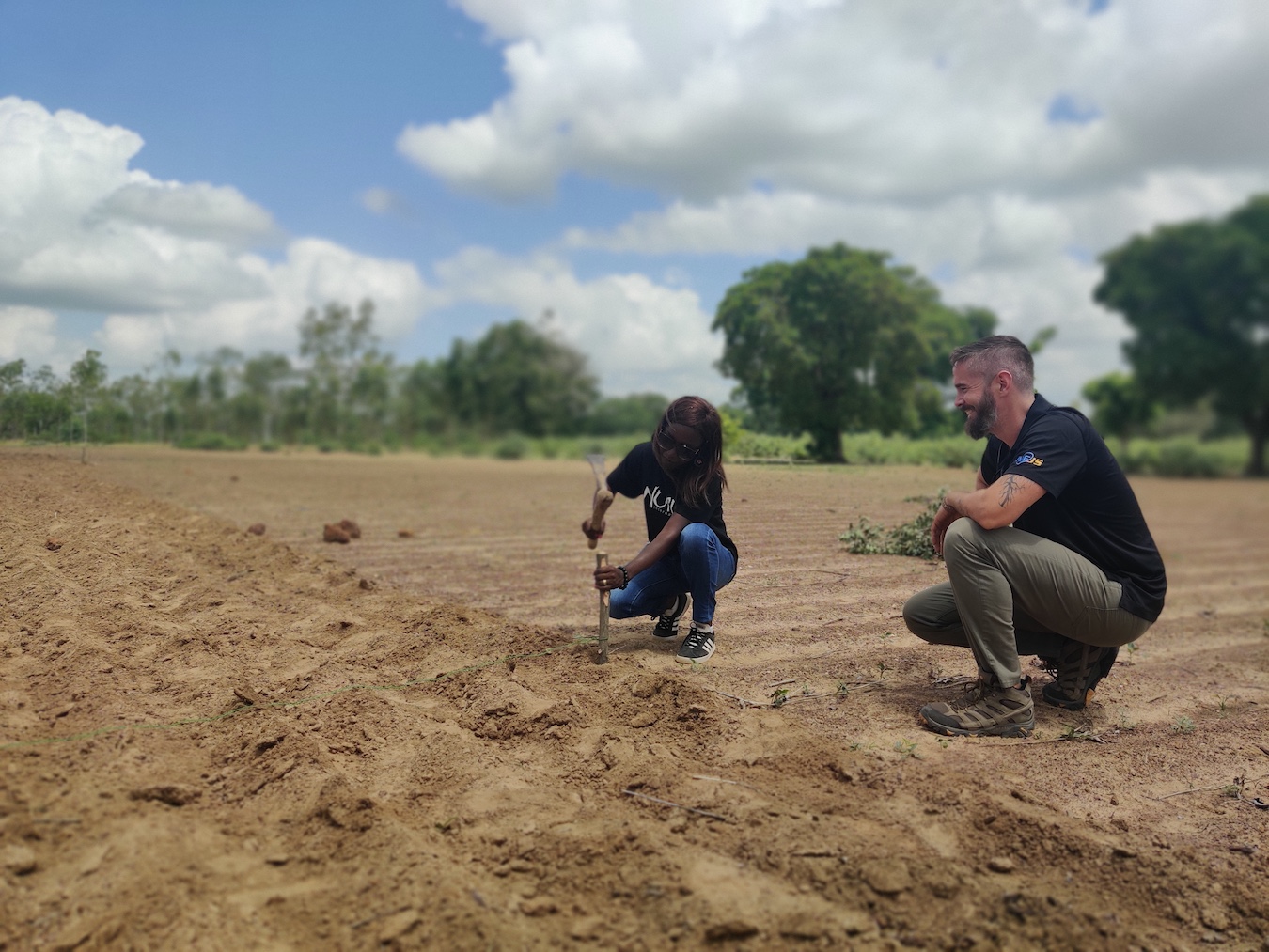
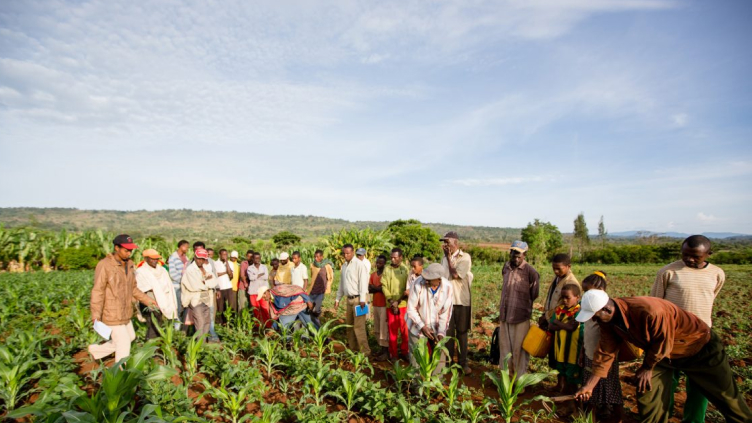
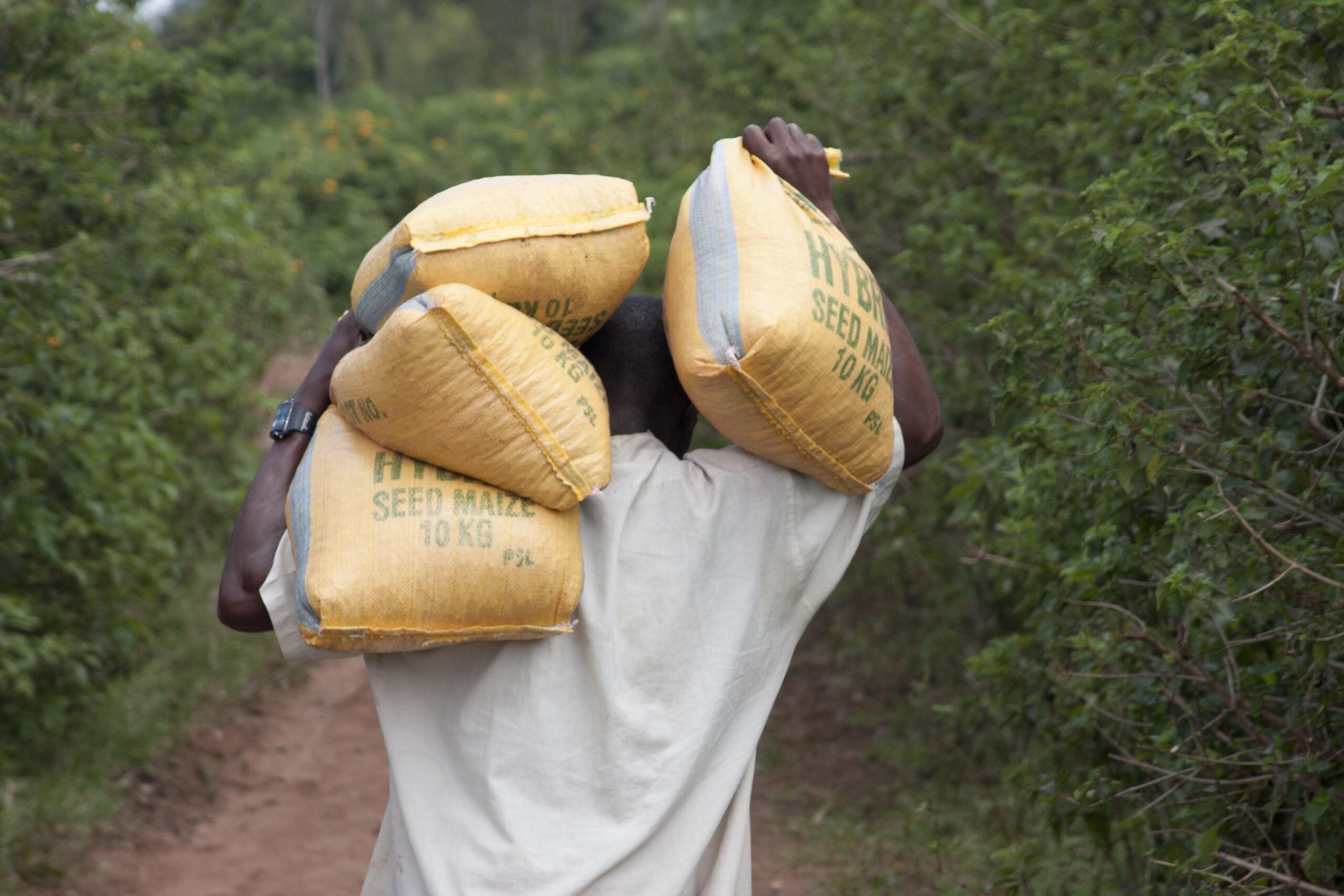
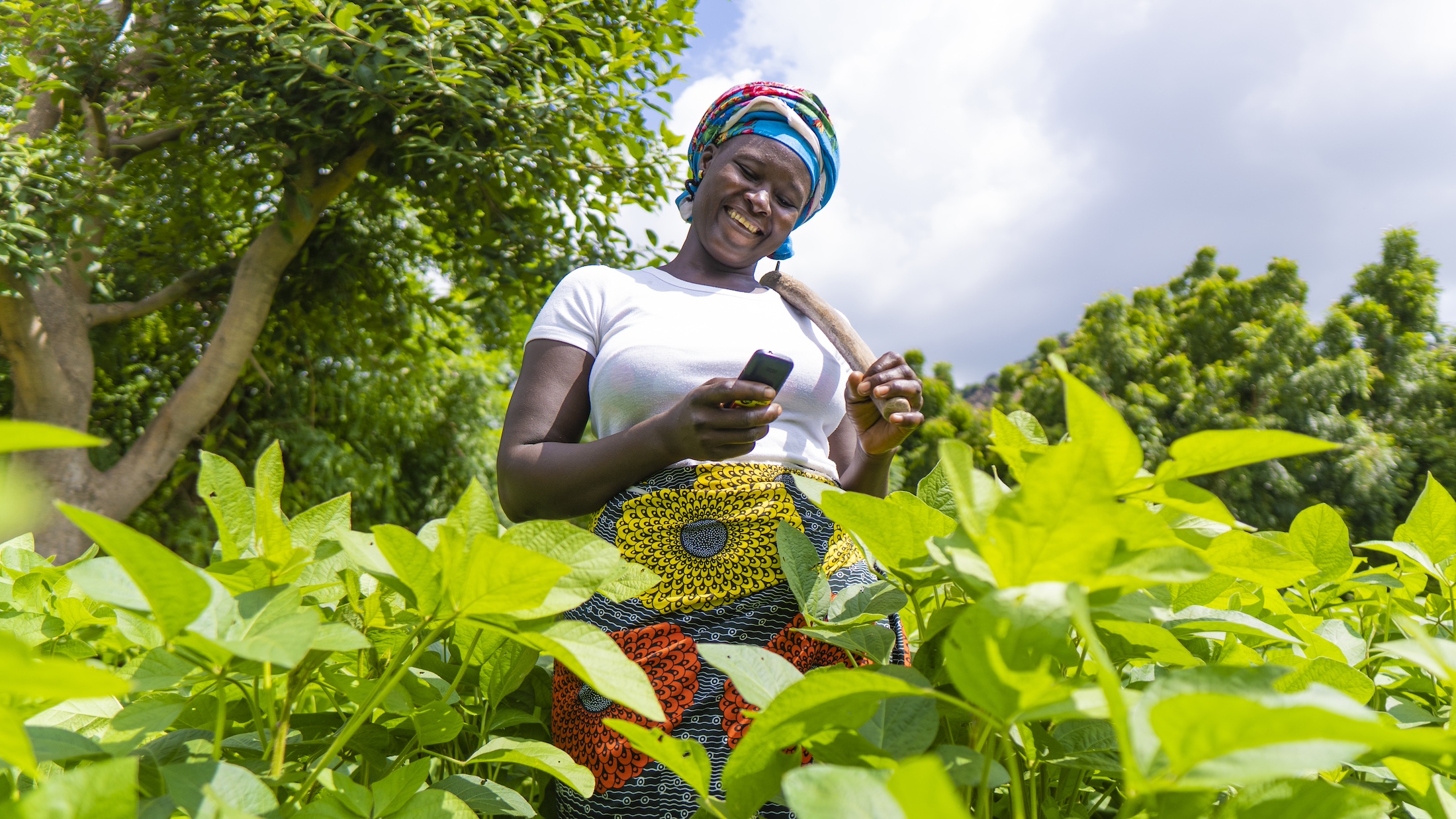
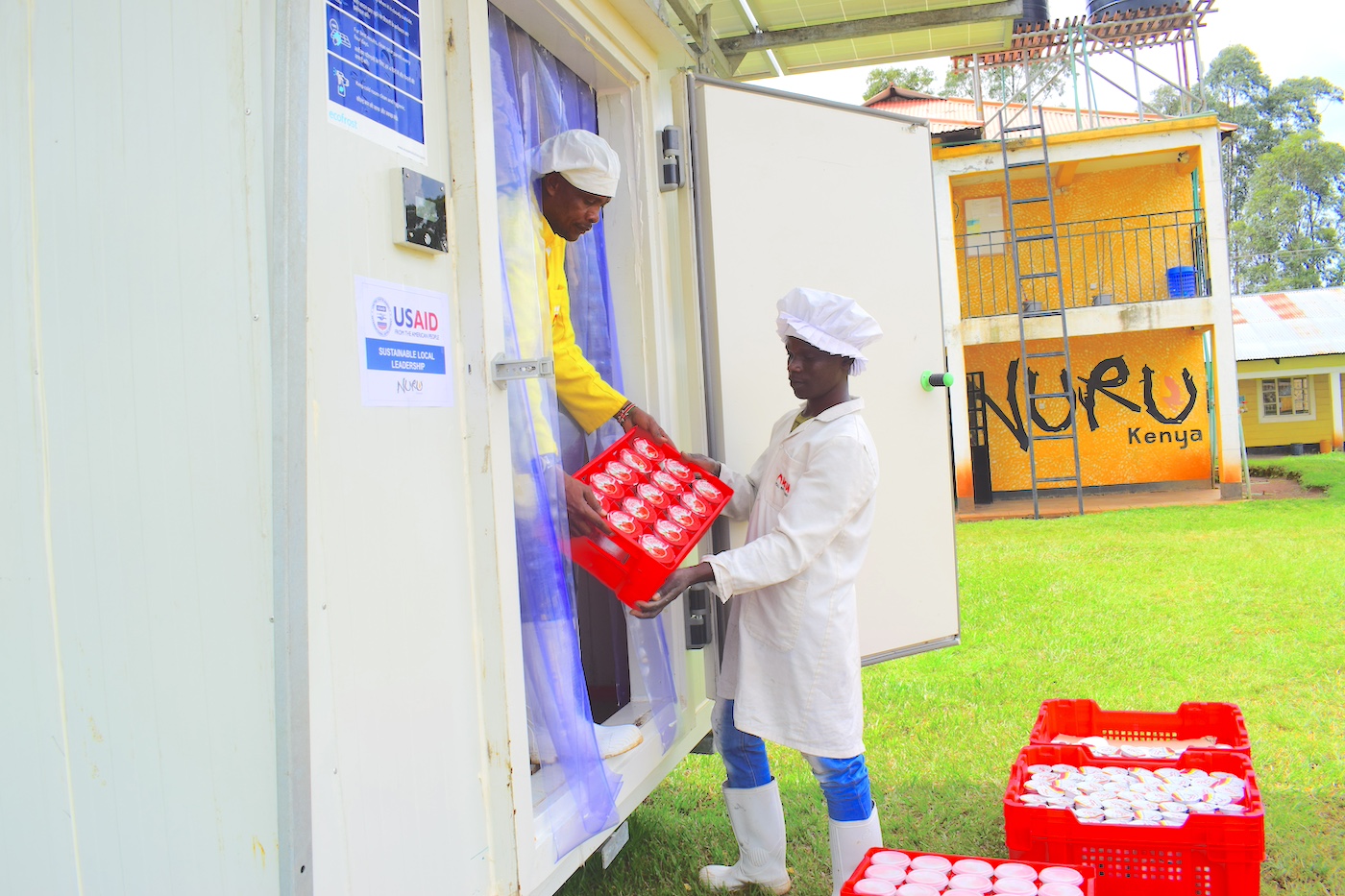
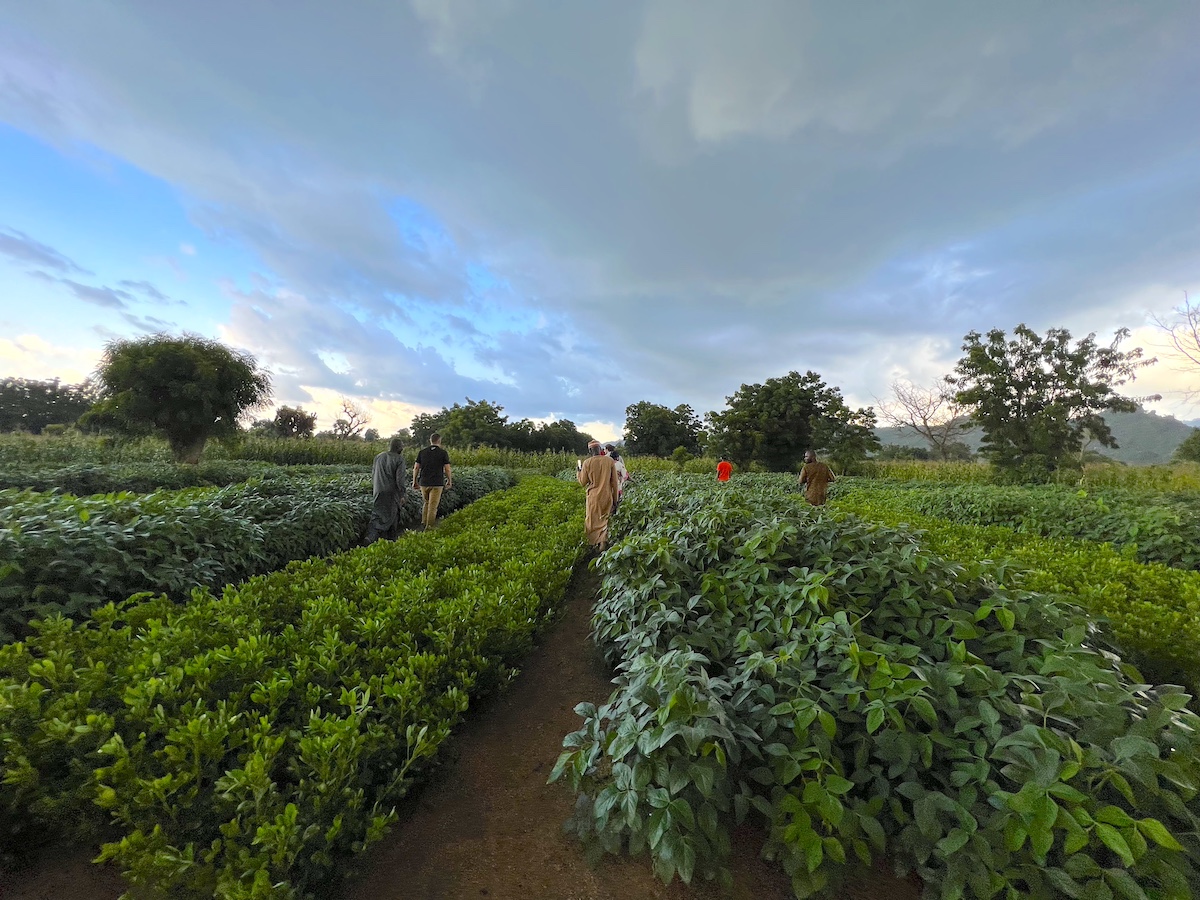
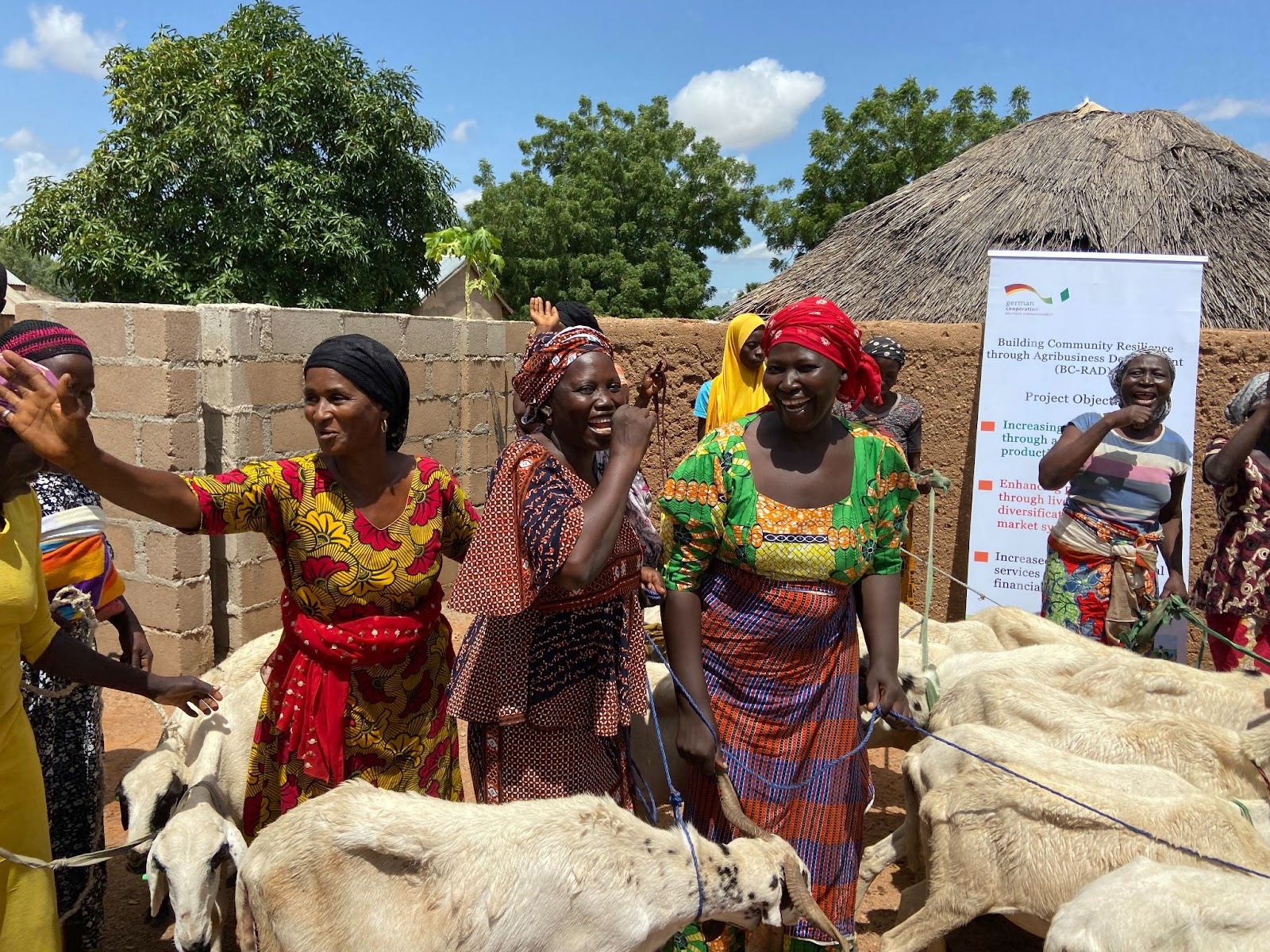
Our Approach
From day one, every Nuru locally-led organization starts by building local ownership and buy-in with community leaders and farmer-led agribusinesses. Activities are co-designed locally, and the local organization drives impact, scales operations, and adapts to better serve communities over time.
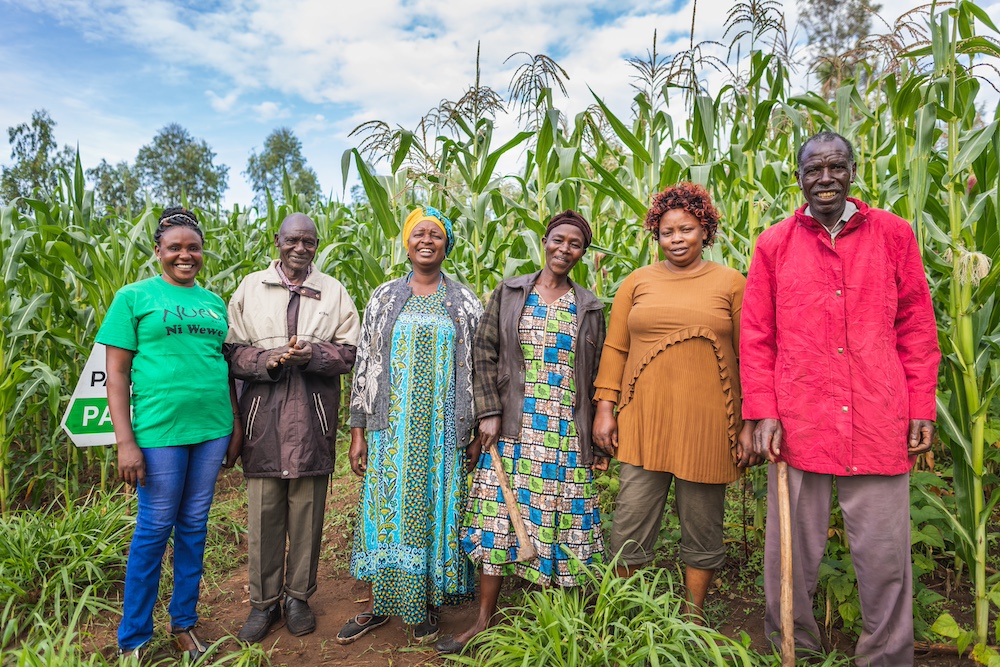
Nuru Kenya, Farmer Cooperative, 2019
Building Resilience in Fragile Communities
Read more about what the Nuru model looks like in Burkina Faso, Ethiopia, Ghana, Kenya, and Nigeria.
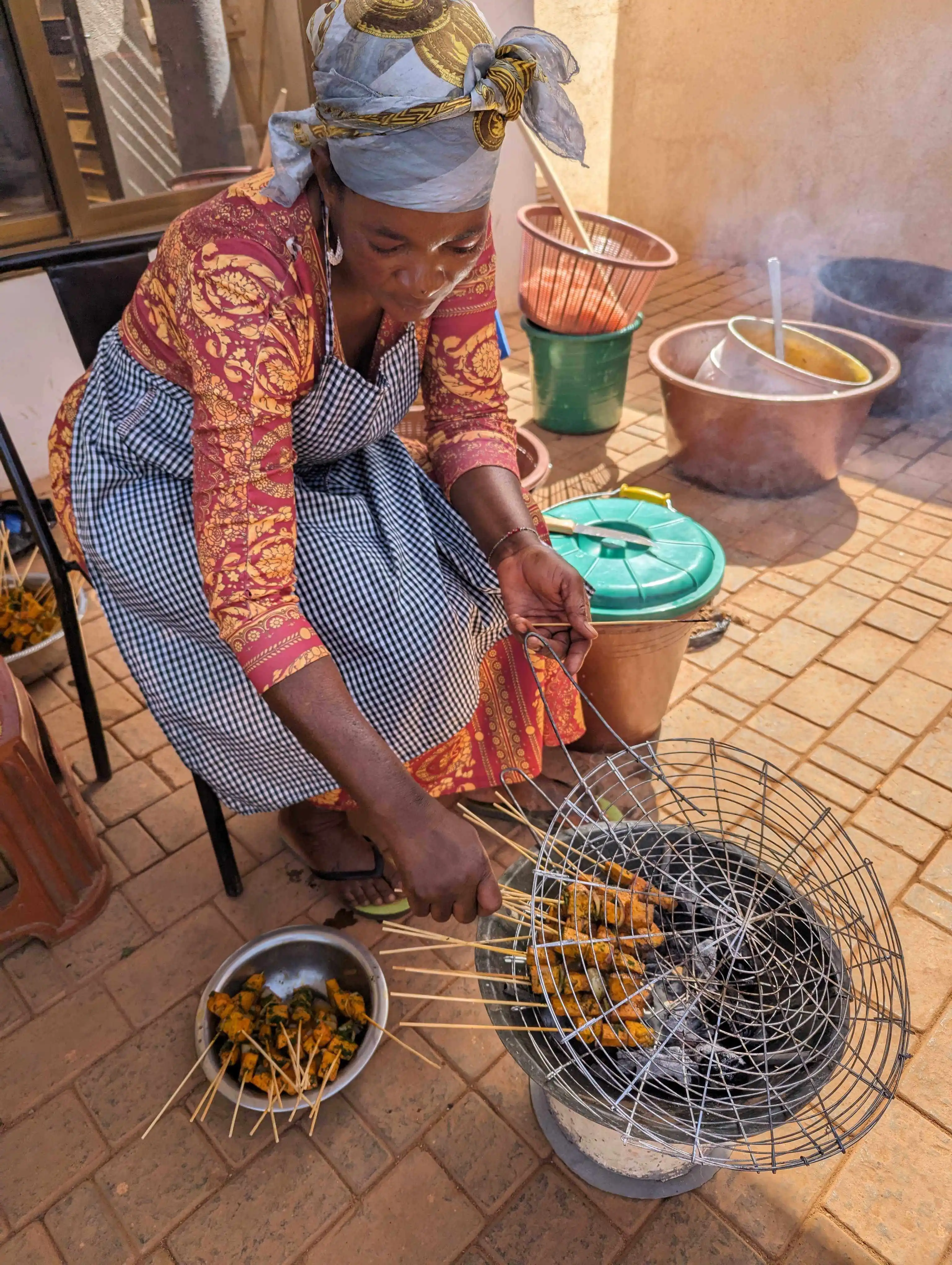
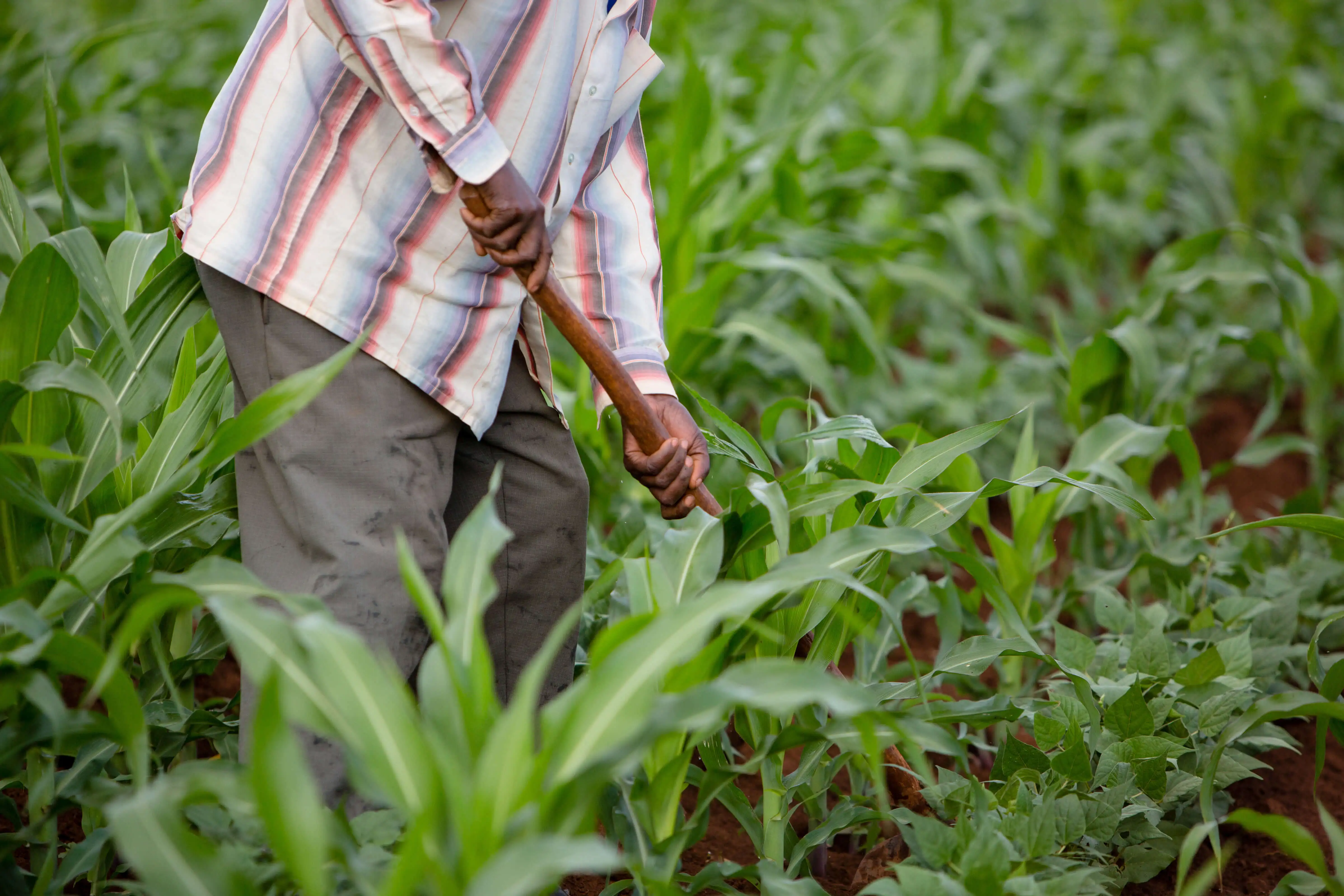

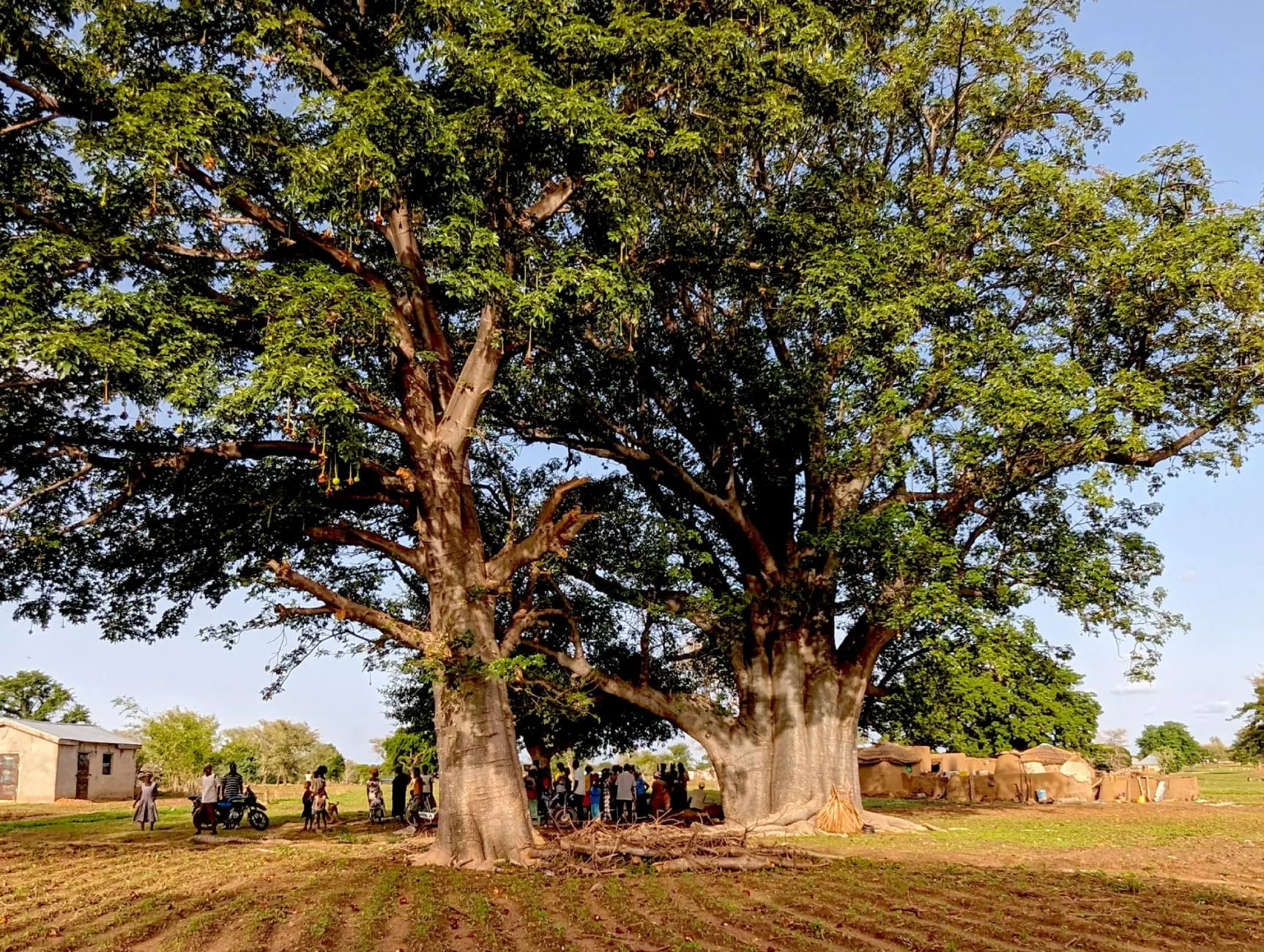
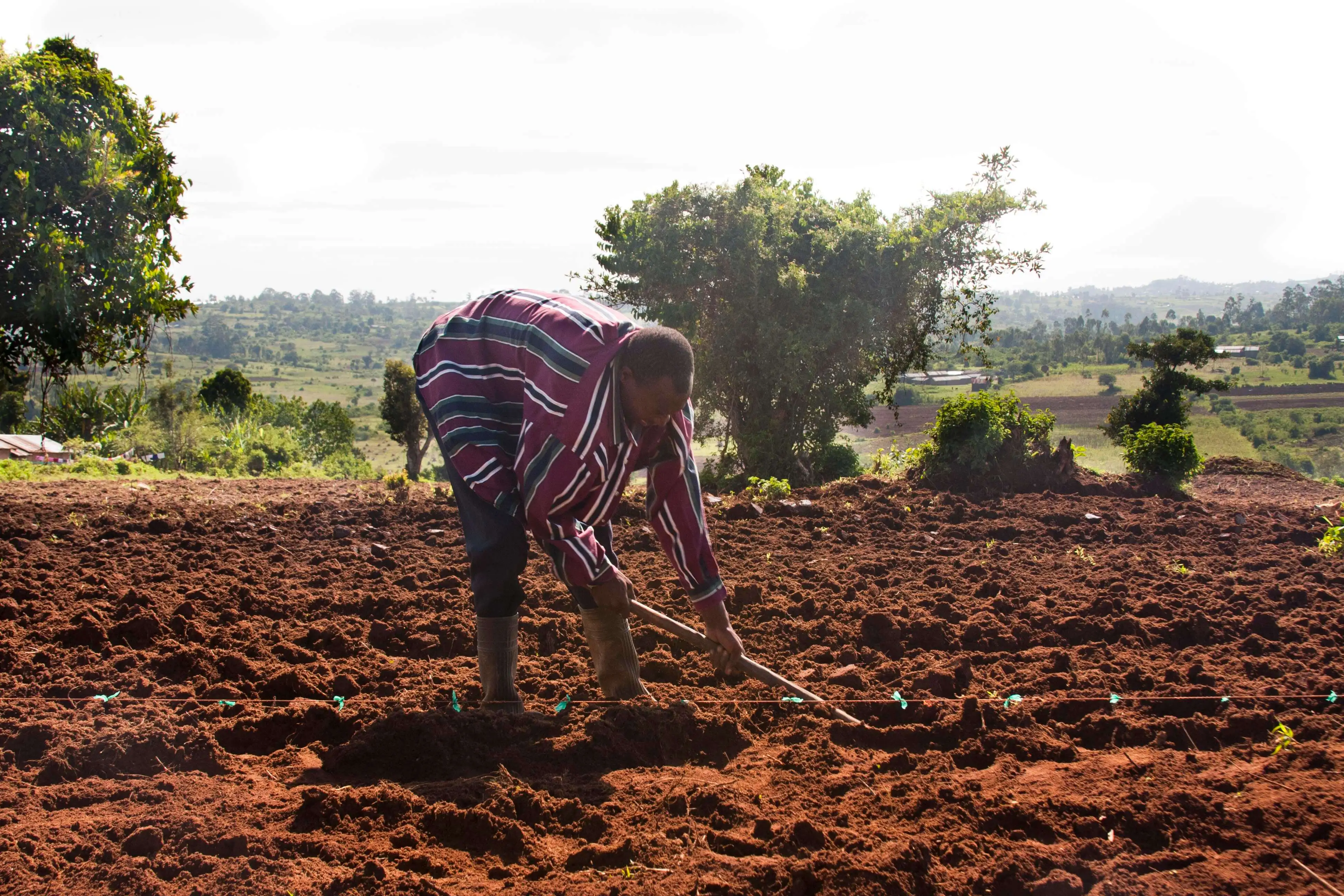
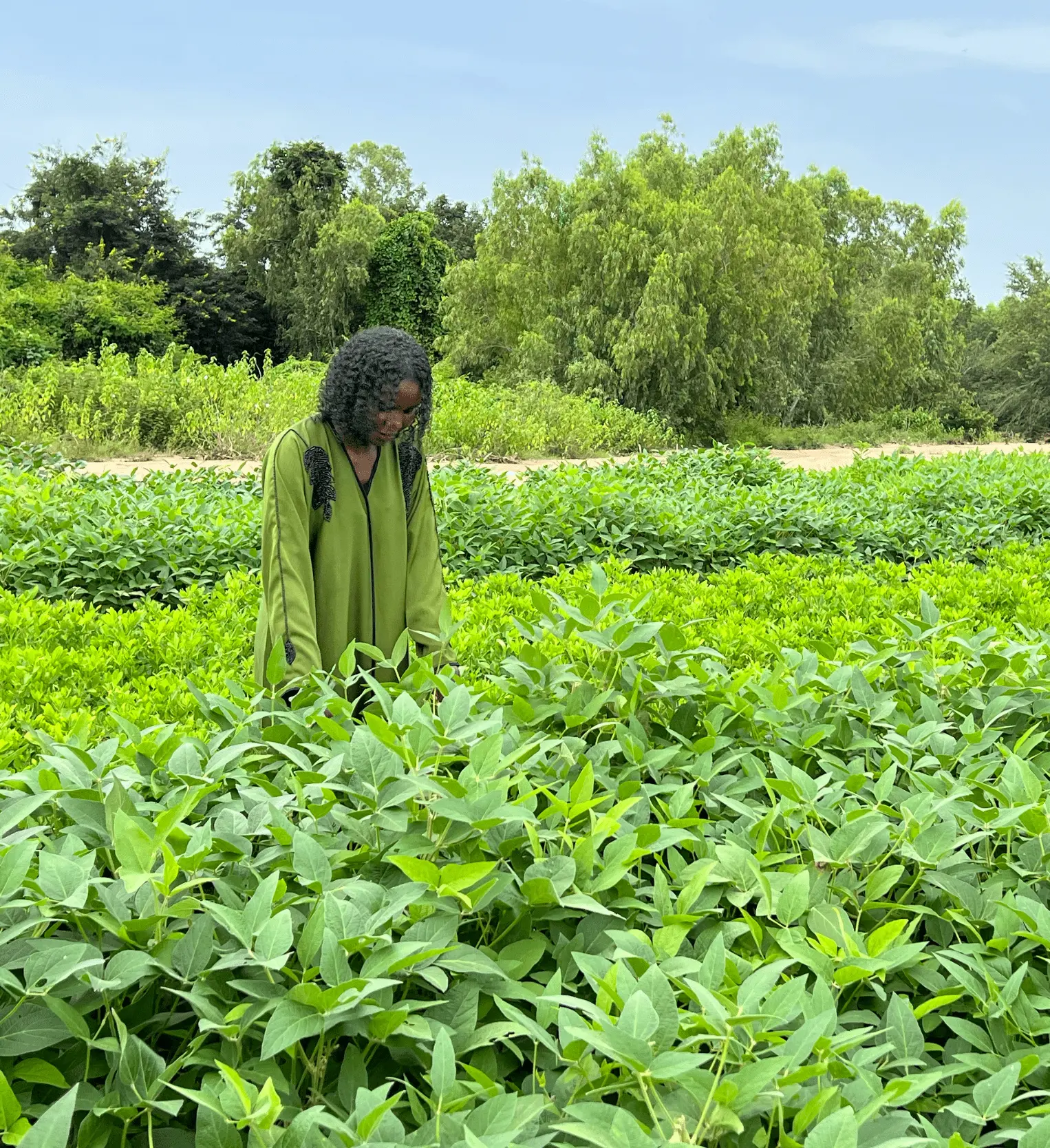

FAQs
-
Where does Nuru’s work intersect with conflict?
Nuru works in areas that have been impacted by or are vulnerable to the resulting conflict from instability, extreme poverty, and political unrest. Nuru is a nonpartisan organization that cultivates social cohesion and resilience to shocks by building sustainable agribusinesses, supporting good governance, and strengthening relationships between rural communities, government ministries, and the private sector.
-
What does climate change adaptation mean?
Climate change adaptation is the action of adjusting our behaviors, systems, and ways of life to the present and future impacts of climate change. Adaptation is focused on reducing the risks associated with harmful climate-related events and, where applicable, utilizing any potential opportunities, like longer growing seasons. Learn more here.
-
What is a resilience corridor?
Resilience corridors are geographic areas where communities stand together in strength and joint solidarity. By joining and bridging areas where it operates, Nuru-supported communities can chart a path toward stability and ultimately towards prosperity. Remote rural areas are increasingly exposed to global shocks and stressors – including climate change, expanding and cross-border conflict, and economic pressure. Standing and working together builds collective strength. Linking up corridors of communities to regional towns and capitals provides vital lifelines. This is particularly crucial in remote communities that are vulnerable to conflict. The alternative, building stability and prosperity in isolation, is more likely to have short-lived successes that crumble quickly in crisis.
-
How does Nuru work with women? Does Nuru work exclusively with women?
Nuru adheres to the gender minimum standards across interventions. Nuru organizations work through a women-first approach, and encourage women’s participation in leadership and decision-making roles in their communities. Nuru recognizes the importance of inclusivity in its approach, advocating that sustainable progress towards equality necessitates the active involvement of men, women, and youth in interventions. Learn more here.
-
Are Nuru organizations truly locally-led?
Every Nuru local organization is locally-registered, locally-owned, and locally-led. Every local Nuru organization is registered in its respective country of operation, adhering to local legal registration and operation requirements. Nuru organizations have their own board of directors, according to their local governance requirements and growth stage. Nuru local organizations have unique perspectives and backgrounds that they bring to bear in addressing extreme poverty in the communities they serve. Local organizations are rooted in effective local partnerships with communities on the basis of participatory systems for design, activity implementation, and monitoring, evaluation, and learning. Nuru local organizations are professional operations, with paid staff, external audits, third-party service providers, and rigorous systems for financial and management controls.
-
What sets Nuru apart from other organizations?
The Nuru Model is a locally-led, market-based approach to poverty alleviation targeting smallholder farmer entrepreneurs in areas highly vulnerable to food insecurity, instability, and climate change. From day one, every Nuru locally-led nonprofit organization (NGO) starts with building local ownership and buy-in with community leaders and farmer-led agribusinesses. The local NGO makes impact, scales, and adapts over time to generate long-term positive outcomes on income, health, gender, agribusiness, and resilience by leveraging innovative technologies.
-
If you care about climate change, why are you working in dairy livelihoods?
Demand for dairy products continues to increase in the places Nuru works, specifically Kenya where Nuru supports sustainable dairy livelihoods. Milk production impacts the environment in various ways, and the scale of these impacts depends on the practices of dairy farmers. Nuru supports sustainable semi-zero grazing practices that increase productivity per cow and strike a balance between carbon and nutrient cycles in rural landscapes. Nuru believes that when farmers can make meaningful choices that are supported by trusted information, tools, and finance, they will be prepared to lead the restoration of diverse landscapes and are incentivized by proximity and stewardship to conserve all the goods of a place.
-
What are market linkages?
In its simplest form, a market linkage is the formal or informal relationship between a buyer and a seller of a good or service. In Nuru’s work, this relationship is between cooperative agribusinesses and private-sector consumer-facing companies or traders. Nuru local organizations act as facilitators and mediators, helping to develop trust and efficiencies between buyers and sellers that do not currently exist and that lead to stable business partnerships and, eventually, contracts.
-
What is positive peace?
The concept of positive peace emphasizes the attitudes, institutions, and structures that are necessary to generate peaceful communities and societies. Nuru’s approach to locally-led development in fragile places is grounded in the conceptual framework developed by the Institute for Economics and Peace (IEP). The Nuru model does not aim to eradicate violence or conflict but rather focuses on supporting what is needed to sustain peaceful societies. By improving livelihoods, supporting healthy behavior change, increasing equitable decision-making, building social cohesion, and strengthening the business environment, Nuru’s work contributes to positive peace.
Be Hope. Be Nuru.
When you give, you bring hope to farmer families and their communities.
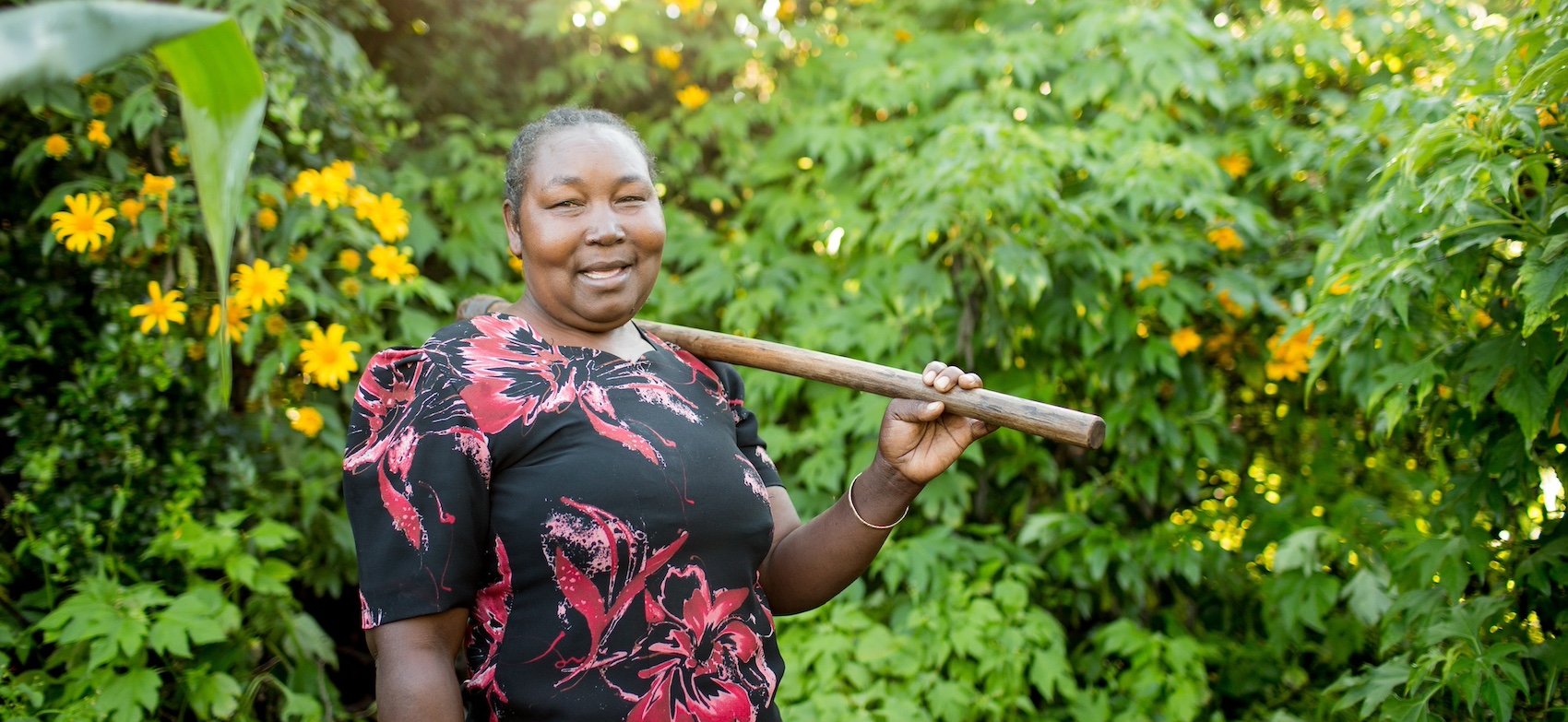
Nuru Kenya Woman Farmer, 2015


